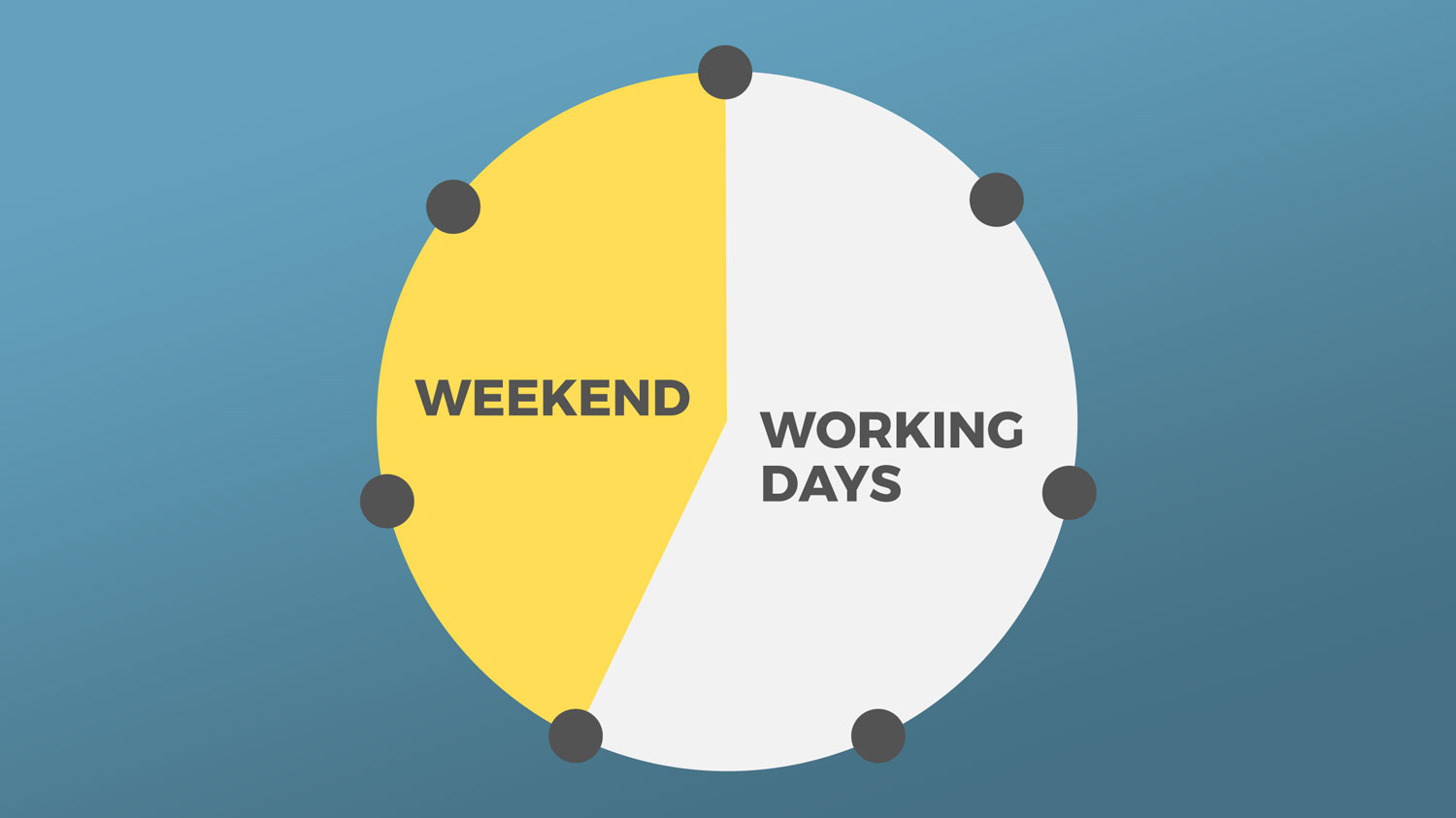
Chancellor urged to protect jobs of workers shielding from COVID-19
Workers who have been shielding will be put in an “impossible position” now that restrictions have been eased, a coalition of charities has said in an open letter to the Chancellor.
The letter to Rishi Sunak, signed by 15 charities including Age UK and Macmillan Cancer Support, raises concerns that those who have been shielding will be forced to choose between their health and their job.
Shielding has been paused in England, Scotland and Northern Ireland from 1 August, at which point extremely clinically vulnerable people who have stayed at home to protect themselves from COVID-19 have been allowed to return to work.
But the signatories warn these employees are at risk of being made redundant, or could be forced to return to the workplace when they do not feel it is safe to do so.
The letter to Mr Sunak says:
“Our concern is that, especially as your furlough arrangements start to unwind and the shielding scheme is paused… some of these workers will find themselves in an impossible position. This is because if their occupation is one which they cannot carry out from home, and if it is extremely difficult to make their workplace safe for them, they may be forced to choose between putting their health on the line by returning, or staying safe by giving up their job.”
The signatories say this is “desperately unfair” for those who have made “great sacrifices” by staying at home, and call on the Chancellor to take action and protect their jobs as well as supporting employers. This could include extending the furlough scheme for those who have been shielding or are at high-risk, the letter adds.
The same suggestion has been made by the TUC, with General Secretary Frances O’Grady stating:
“It would be heartless and reckless for employers to demand the immediate return of shielding workers. After self-isolation for a number of months, requiring shielding workers to immediately travel to workplaces may cause anxiety. The job retention scheme is in place until at least October, so employers must continue using it if home working is not an option.”
The TUC is warning employers not to make reckless demands for early returns to the workplace. The union body is calling on employers to:
- Make full use of the job retention scheme up until at least October (its current end point) for shielded workers, and for carers or household members of people shielding.
- Publish full risk assessments for each workplace, conducted in consultation with staff unions, and covering the needs of workers who are at higher risk.
- Conduct individual risk assessments in consultation with each shielding worker, or worker who is a carer or household member of someone shielding.
The TUC is calling on the government to extend the job retention scheme for circumstances where support is needed beyond October. This should include:
- Workers whose GP or clinician advises that they should continue shielding – and workers who live with them.
- Workers affected by local lockdowns.
- Carers, particularly working parents who must prioritise childcare until schools and childcare settings fully reopen.
- Businesses in the hardest hit sectors, like retail, aviation and manufacturing.
A government spokesperson said:
“We understand how challenging the outbreak pandemic has been for the clinically vulnerable and we have worked tirelessly to support them. Employers must ensure the safety of those with such conditions when considering working arrangements, including whether work can be completed remotely.
“Our wide-ranging support package worth an initial £160bn includes the furlough scheme, which has paid the wages of 9.5 million people and has already been extended until October, loans, grants, and tax cuts and deferrals.
“People will also now benefit from the Job Retention Bonus which will support business and protect jobs. We also announced £750m for charities so they can continue their important work, ensuring those on the front line are able to reach people who need help.”






